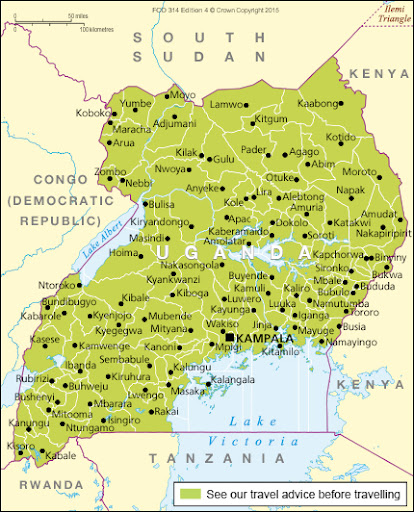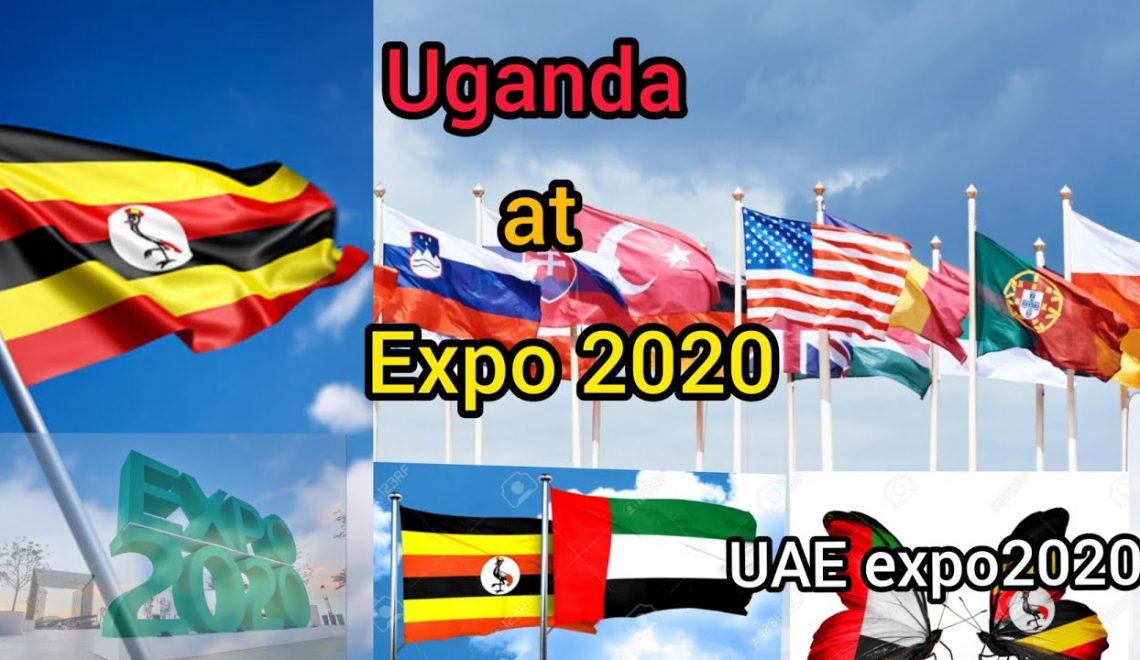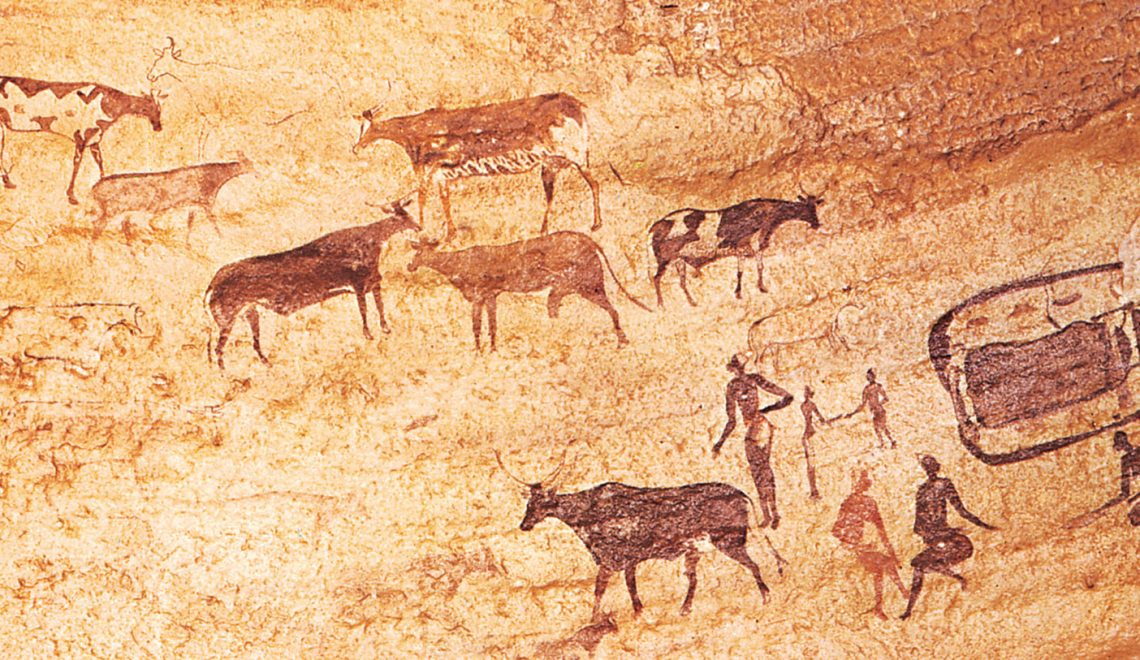
Last week, I committed a mortal sin. I forgot to acknowledge the author of some of the materials I used. I ask for forgiveness. For a further and more refined analysis of some of the issues relating to time periods and revolutions, I refer you to the seminal works of Yuval Noah Harari in “Sapiens : A Brief History of Humankind”. But then as I said, and was borne out by the reaction on twitter, everyone is an expert on land. Some agreed with me, while a number dismissed me as an ‘academic’. One Ugandan on twitter quoted the ownership of large tracts of land by Bill Gates and attempted to asserted that my reasoning was akin to witchcraft! That is par for the course. When people don’t understand the issues, they dismiss them as either academic or theoretical. The next time someone throws you that ‘whataboutism’, understand that you are speaking above their heads.
Let me have a go again and I hope that I will make better sense. My first argument was that in the beginning nobody ‘owned’ land as we lived as foragers. People did not start laying claim to land until they had started leaving in communities and had also learnt to write. When empires were created, the leaders wrote laws that favoured the ruling classes and exploited the produce of the poor through taxes to support their way of life.
My second argument was that we have gone through several revolutions, starting from the discovery of cereals and the domestication of animals (the agricultural revolution which led to the creation of settlements) until we have arrived in the 5th industrial revolution. Indeed the kings of the fifth industrial revolution make their money from controlling data (the new oil), machine learning and artificial intelligence. They DO NOT make their money from land directly.
My third argument was that land is still strategically important to common interest groups, but not to individuals. It is important as territories that define nations and because it enables groups that use it efficiently to derive a common good. It makes sense for China as a collective to control the South China Sea. But it makes no sense for a one Chén or Zhâng to own the islands in the same place. This is why 9000 square ‘mailo’ argument and a Land Board make sense to the Baganda, because that is the last bastion of defense for our identity against marauding groups. Indeed a lot of the so called mailo land in Buganda has been sold to non-Baganda by disenfranchised Bataka. It takes money to protect vacant land.
My fourth argument is that for many of those who have been able to acquire land over the history of mankind, one has to look to their propensity for war and destruction of competing groups or their control of taxes. Even as we I write this, there is a singularly significant relationship between the control of the means of coercion and public finances and the propensity to acquire land. Look at who is crying foul over mailo land, and evicting tenants on lands that were communally held, whether in Ankole, Acholi or Buganda. The land is being allocated to those with access to the state, who then sell it to foreigners! That is plain rent seeking. On the question of agriculture, there is a direct correlation between the location of large agricultural estates and poverty.
Lastly, and maybe this point was not well articulated. What is the best way to for large groups to own land? That is best achieved through communal ownership and the titling of land through leasing. But where can one turn to find trust in a neo-colonial state? Again I must say madness is trying to do the same thing again and again and expecting different results. It is easy to be emotive, but I guess the posterior anatomy of leopards and lions is no different.
Samuel Sejjaaka is Country Team Leader at Mat Abacus Business School. Twitter @samuelsejjaaka



